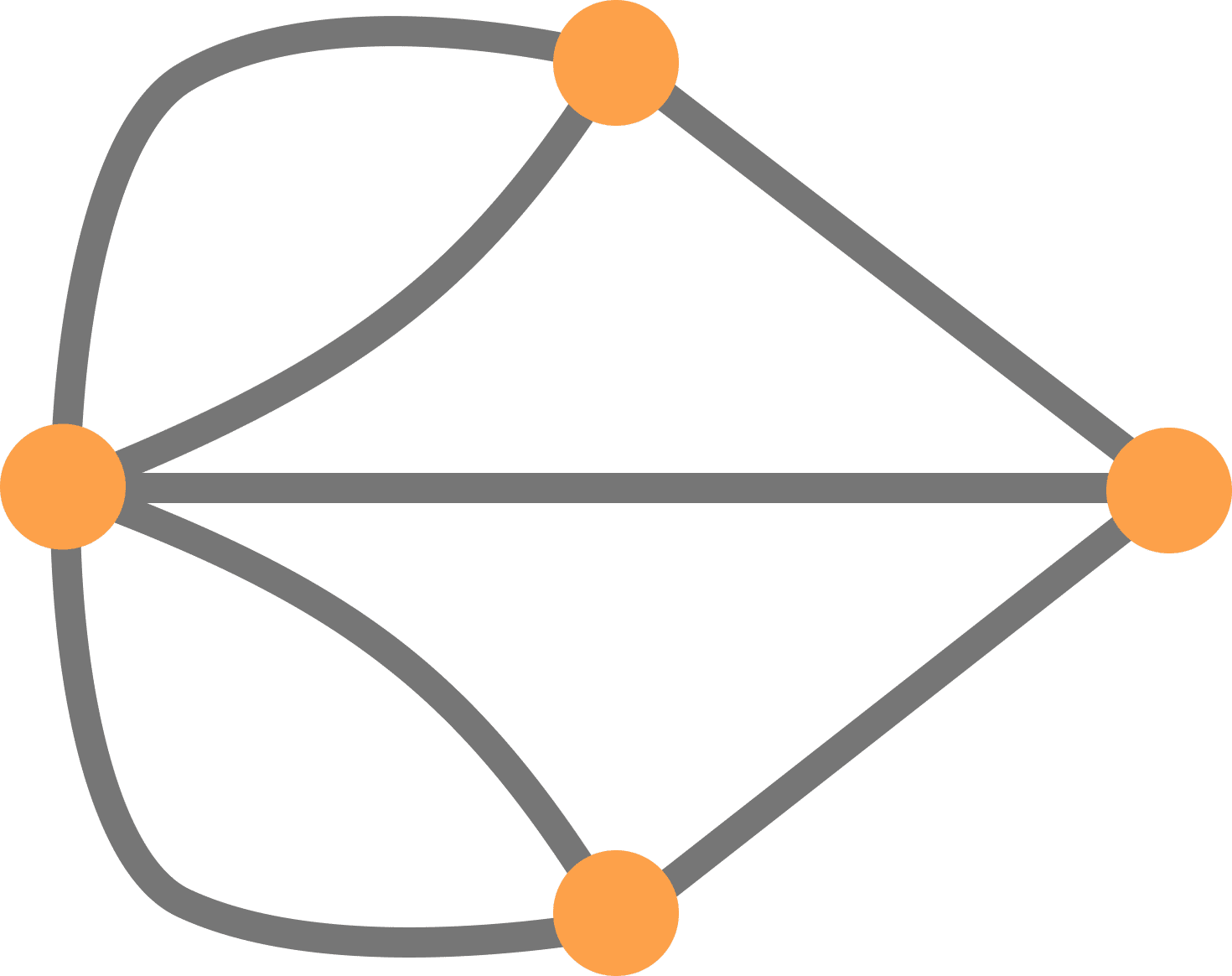Its purpose is to give a broad historical, legal and functional overview of the organization. The course materials have been selected to provide various perspectives on how the UN works, while providing a balanced assessment and critique.
Course Objectives:
1. To understand the structure and role of the UN and its associated family of organizations and specialized agencies in contemporary global governance.
2. To receive an up-to-date information on all the organizations of the UN family: the basis of their existence, their aims and structure, and their membership.
Course Outcomes:
Upon completion of this course, the student is expected to able to:
1. Identify all the organizations of the UN family: the basis of their existence, their aims and structure, and their membership.
2. Discuss the roles of the UN and its associated family of organizations and specialized agencies in contemporary global governance – International terrorism, nuclear proliferation, the rule of law and and human rights, climate change, social and economic development, disaster relief, eradication of diseases, reducing trade in addictive drug, etc.


